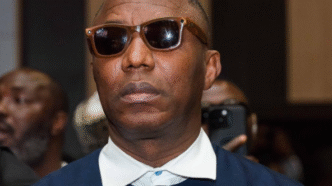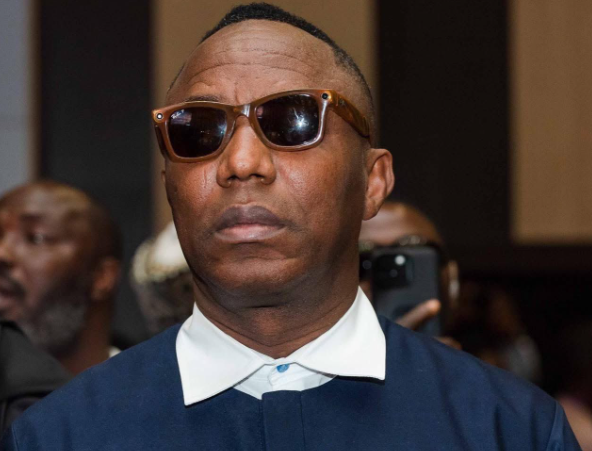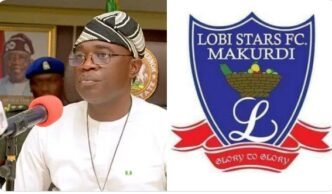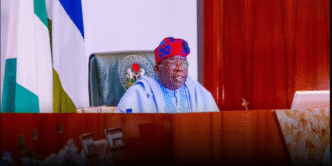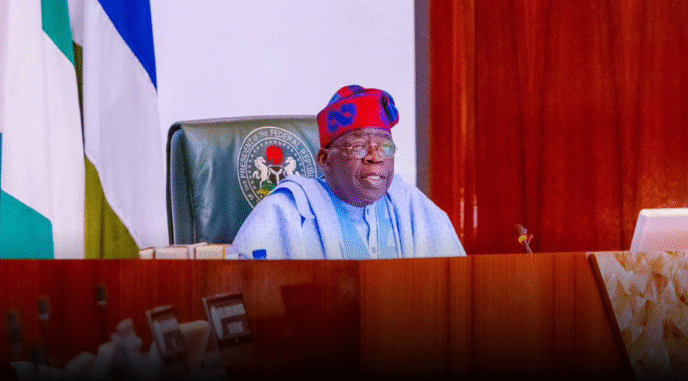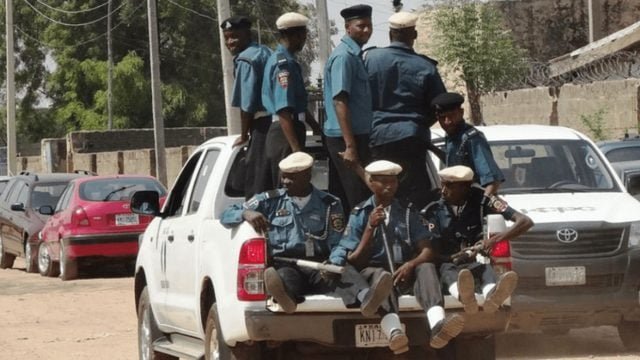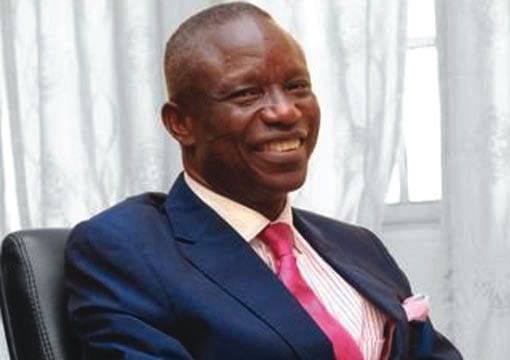Abuja, Nigeria – October 23, 2025:
Human rights activist and former presidential candidate, Omoyele Sowore, was on Thursday arrested by armed policemen within the premises of the Federal High Court in Abuja, shortly after he appeared in solidarity with the detained leader of the Indigenous People of Biafra (IPOB), Nnamdi Kanu.
The arrest, which occurred just minutes after the court session commenced, sparked tension among journalists, observers, and supporters who had gathered to witness the resumed trial of the IPOB leader.
Eyewitnesses said Sowore, who arrived at the court in the morning, was seen interacting peacefully with members of Kanu’s legal team and supporters before being accosted by plainclothes and uniformed security operatives.
How Sowore Was Arrested
According to multiple sources at the scene, Sowore had barely stepped out of the courtroom when a group of heavily armed policemen confronted him. The officers reportedly ordered him to follow them, and when he demanded to know the reason for the arrest, they forcefully dragged him into a waiting police vehicle parked within the court premises.
“He was standing near the entrance of the court, speaking with some journalists when the police moved in suddenly. They surrounded him and took him away without explanation,” one eyewitness told reporters.
Videos circulating online showed the RevolutionNow convener being escorted away by armed operatives while chanting supporters demanded his release. The development caused a brief disruption around the Federal High Court, which was already heavily guarded due to the ongoing trial of Nnamdi Kanu.
Police Yet to Give Official Reason
As of the time of filing this report, the Nigeria Police Force had yet to issue an official statement explaining the reason behind Sowore’s arrest. Attempts by journalists to get comments from officers at the scene were rebuffed.
However, sources within the court security network hinted that the activist might have been arrested for allegedly “violating security protocols” or engaging in “unauthorized gatherings” within the premises.
Sowore’s media team described the arrest as “an act of intimidation” aimed at silencing voices of dissent and discouraging civic solidarity with those facing politically charged trials.
Sowore’s Presence at Nnamdi Kanu’s Trial
Omoyele Sowore had arrived at the court to show solidarity with Nnamdi Kanu, whose case resumed on Thursday before Justice Binta Nyako. Kanu, the IPOB leader, has been in detention since his controversial extradition from Kenya in 2021 and is facing charges bordering on treasonable felony, terrorism, and incitement.
Speaking to reporters before his arrest, Sowore had emphasized the need for transparency in Kanu’s trial and urged the Federal Government to respect human rights and court procedures.
“We are here to demand justice and fairness. The trial of Nnamdi Kanu is not just about one man; it’s about how our nation treats dissent and the rule of law,” Sowore said.
He also criticized what he described as “increasing authoritarian tendencies” of the Nigerian government, warning that “silencing opposition voices only deepens the crisis of governance.”
Tension at the Federal High Court
Thursday’s court session was marked by heavy security presence, with combined teams of police officers, Department of State Services (DSS) operatives, and civil defence personnel stationed at strategic points around the court complex.
Supporters of both Nnamdi Kanu and Omoyele Sowore were reportedly restricted from accessing the main courtroom, leading to minor altercations with security personnel.
Witnesses said the police later dispersed a small group of protesters who had gathered outside the court premises chanting solidarity songs. Several journalists were also temporarily barred from taking photographs or conducting interviews within the compound.
Condemnation from Civil Society Groups
Following the arrest, several human rights organizations and pro-democracy advocates condemned the action, describing it as a violation of freedom of expression and assembly.
The Human Rights Writers Association of Nigeria (HURIWA), in a statement issued hours after the incident, demanded Sowore’s immediate and unconditional release.
“This is another disturbing example of the shrinking civic space in Nigeria. The right to peaceful assembly and expression is guaranteed under the Constitution, and no citizen should be arrested for standing in solidarity with another,” the statement read.
Similarly, the Take It Back Movement (TIB), a civic platform founded by Sowore, accused the authorities of targeting him for his activism and his continued criticism of government policies.
“Omoyele Sowore’s arrest inside the Federal High Court premises is not only unlawful but an affront to judicial independence. We demand his immediate release and an end to the ongoing persecution of activists,” TIB said.
Sowore’s History of Arrests and Activism
This is not the first time Omoyele Sowore has been arrested by Nigerian security agencies. The publisher of Sahara Reporters, a New York-based investigative news outlet, has been repeatedly detained for his activism and political engagements.
In 2019, he was arrested by the Department of State Services (DSS) ahead of the planned “RevolutionNow” protest and charged with treasonable felony. His arrest sparked international condemnation and calls for his release from groups such as Amnesty International and Human Rights Watch.
Despite being granted bail by a Federal High Court, Sowore’s movements were restricted, and he has since faced multiple confrontations with law enforcement officers during protests and public appearances.
Legal Experts React
Legal analysts have criticized Thursday’s arrest as unconstitutional, noting that the court premises are traditionally considered a safe space where arrests should not occur without judicial authorization.
Constitutional lawyer, Barr. Jide Oyekanmi, described the incident as “a violation of due process.”
“It is unlawful to arrest a citizen within the premises of a court without the express order of a judge. It is an intimidation tactic, and it undermines the sanctity of the judiciary,” Oyekanmi said.
Another lawyer, Barr. Ngozi Udeh, argued that such actions could amount to contempt of court and may trigger a formal complaint from the Nigerian Bar Association (NBA).
“The NBA should take this up immediately. The security agencies are overstepping their bounds,” she added.
Nnamdi Kanu’s Trial Continues Amid Security Concerns
Meanwhile, Nnamdi Kanu’s trial proceeded under tight security as his legal team, led by Aloy Ejimakor, presented fresh arguments for his bail and the dismissal of the charges against him.
Ejimakor told the court that his client’s continued detention violated his fundamental human rights and called for adherence to previous court rulings that had favored his release.
Justice Binta Nyako adjourned the matter to a later date, urging both parties to maintain decorum and ensure that legal procedures are strictly followed.
Public Reactions
The news of Sowore’s arrest quickly trended on social media platforms, with hashtags such as #FreeSowore, #NnamdiKanu, and #HumanRightsInNigeria dominating online discussions.
Many Nigerians expressed outrage, accusing the government of stifling dissent and weaponizing law enforcement against critics. Others called for calm and urged Sowore’s supporters to pursue legal means to secure his release.
Political analysts say the timing of the arrest, coming during Nnamdi Kanu’s court appearance, sends a worrying message about the government’s tolerance for opposition voices.
Conclusion
As of Thursday evening, Omoyele Sowore’s whereabouts remained unclear, and efforts by his legal representatives to locate him were ongoing.
The incident has reignited debate over human rights, judicial independence, and freedom of expression in Nigeria — particularly in cases involving high-profile activists and separatist leaders.
Observers say the Federal Government and law enforcement agencies must tread carefully to avoid further eroding public trust in democratic institutions and the rule of law.
“Arresting activists inside a court of law is a dangerous precedent,” said one observer. “It sends the wrong message to the world about how justice operates in Nigeria.

